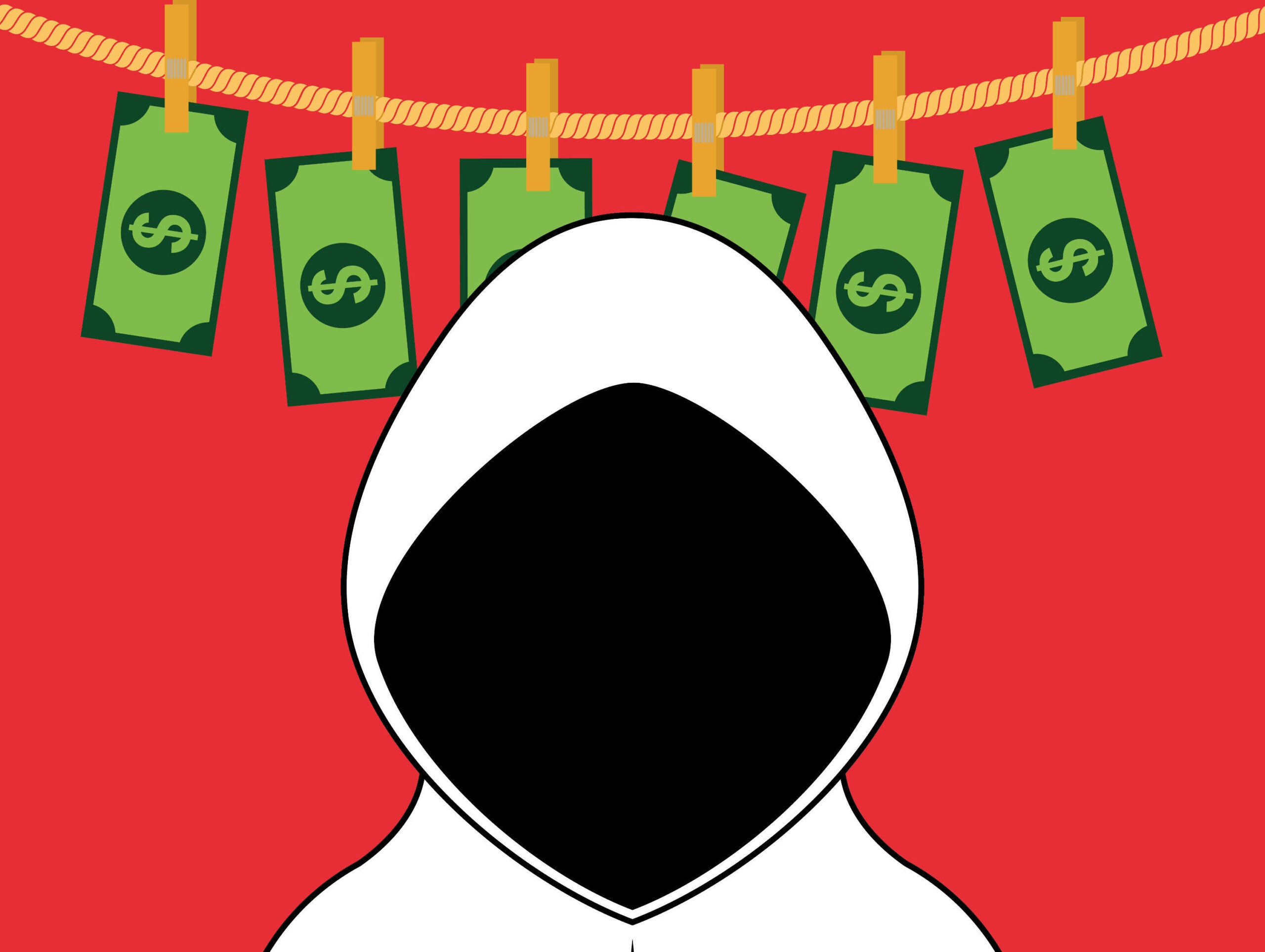
Later today Amazon is expected to strong earnings and sales when it unveils fourth-quarter results, buoyed by a record Christmas season.
However, in the midst of all its success Amazon has been incredibly ineffective in tackling the ever increasing problem of counterfeit products.
Amazon has had phenomenal growth since its humble beginnings in the late ’90s. It’s widely recognised for becoming a front leader in innovation, boosting research and development on things like drones and robotics, so why can’t it do anything about counterfeiters?
Just a few months ago, at the end of October 2016, Apple filed a lawsuit against Amazon supplier Mobile Star LLC for alleged trademark infringement.
Apple purchased over 100 iPhone devices over a nine-month period, including chargers and lightening cables listed as genuine by other Amazon suppliers.
Apple’s internal testing revealed that almost 90 percent of products on Amazon were counterfeit, warning consumers that these products are potentially hazardous as they could cause fires or electric shocks due to inadequate electrical insulation.
How well do you really know your competitors?
Access the most comprehensive Company Profiles on the market, powered by GlobalData. Save hours of research. Gain competitive edge.

Thank you!
Your download email will arrive shortly
Not ready to buy yet? Download a free sample
We are confident about the unique quality of our Company Profiles. However, we want you to make the most beneficial decision for your business, so we offer a free sample that you can download by submitting the below form
By GlobalDataUnfortunately for Amazon, the counterfeit problem is far bigger than this. Three of the world’s largest textbook publishers have summoned Amazon to reveal the names and financial accounts of online vendors this month.
Pearson Education, Cengage Learning and McGraw Hill Education are currently suing over 100 unnamed Amazon marketplace sellers for copyright infringement.
Embarrassingly for the e-commerce giant, a common theme in these cases, is that fake products appear legitimate under the so-called Fulfilment by Amazon programme, which lets sellers send their (fake) goods to Amazon’s warehouses, which are then shipped by the online retailer themselves via free shipping or Amazon Prime.
The proliferation of counterfeit products via Amazon’s fulfilment programme can be attributed to the retailer’s ever growing relationship with sellers from China with, according to the Organisation of Economic Cooperation and Development, over 60 percent of the world’s counterfeit products originate from China.
The company is registered with the Federal Maritime Commission in 2015 to streamline the shipping process, cutting out the import/export middlemen.
This move has benefited counterfeiters as they are able to widen their global reach not just to the US but the European market too.
This makes Amazon the clear cross-border e-commerce choice for Chinese sellers, and therefore makes the retailer a risky choice for consumers purchasing products which they perceive as genuine.
The widespread sale of counterfeit products poses serious implications for Amazon’s future performance not just within the US but across the globe, including the UK.
Amazon risks breaking its strong bond with consumers, as their trust and loyalty will decline if the e-commerce giant does not implement a robust strategy to combat counterfeiters.
Amazon further risks losing out to large retailers selling their genuine products on its marketplace.
On its US store, companies such as the NFL, Johnson & Johnson and Birkenstock have already pulled their products entirely citing their frustrations at Amazon’s inability to stamp out counterfeiters.
Retailers within the UK may also follow suit if Amazon continues to neglect this issue.








Related Company Profiles
Apple Inc
McGraw-Hill Education Inc